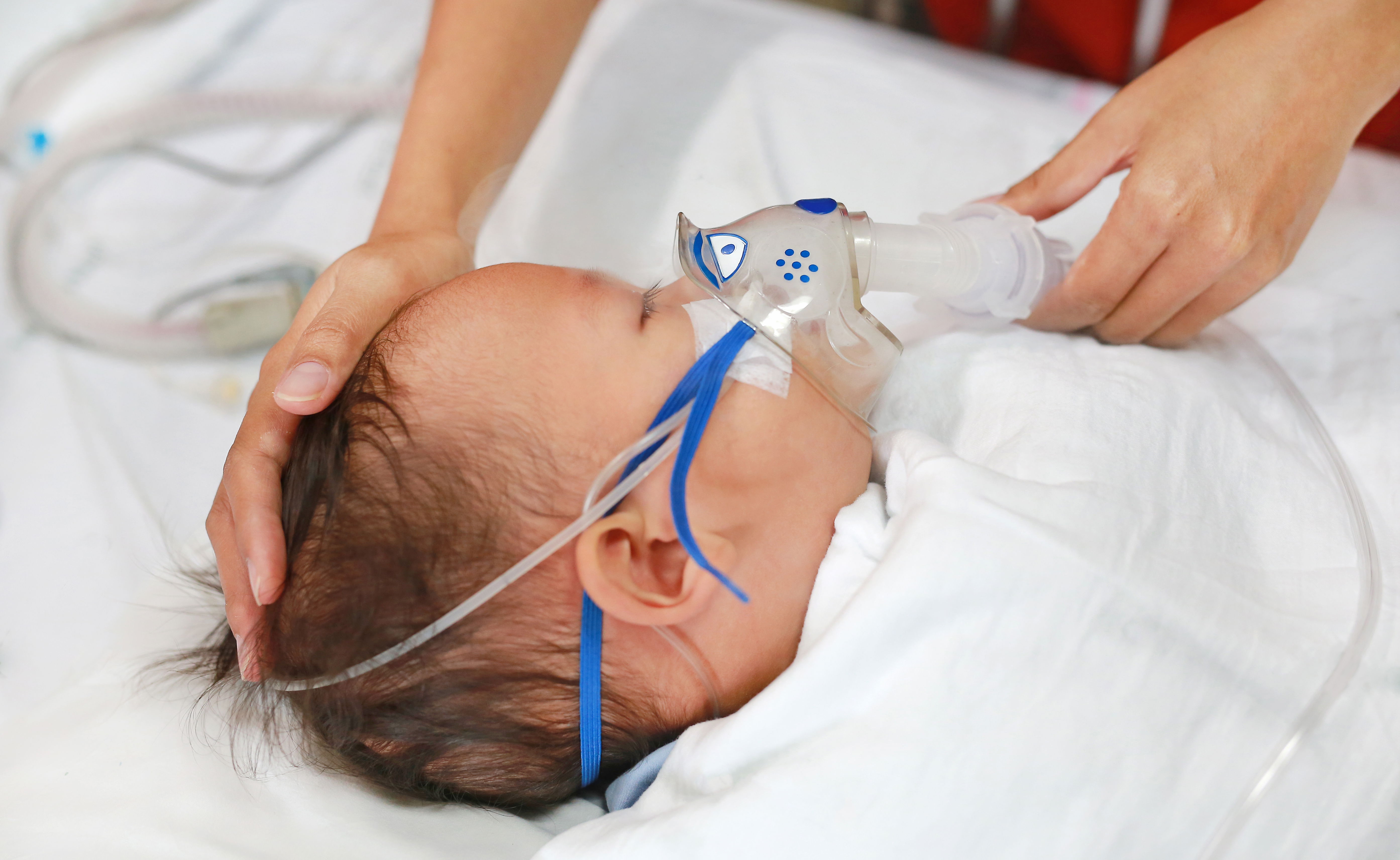What to report to the Doctor whiles taking care of a newborn baby.
30Jul
Signs and Symptoms to Report to the Doctor While Taking Care of a Newborn Baby
Caring for a newborn baby is an incredible experience, but it can also be overwhelming, especially for new parents. It's essential to know which signs and symptoms might indicate that your baby needs medical attention. Here is a straightforward guide to help you understand when to call your doctor:
1. Fever

- What to Look For: A rectal temperature of 100.4°F (38°C) or higher.
- Why It Matters: Fever in newborns can be a sign of infection.
2. Poor Feeding
- What to Look For: Refusal to feed or eating much less than usual.
- Why It Matters: Babies need regular nutrition for growth and development. Poor feeding can be a sign of illness or other issues.
3. Persistent Crying or Irritability
- What to Look For: Continuous crying that doesn’t stop with soothing or persists for hours.
- Why It Matters: This could indicate pain, discomfort, or other medical conditions.
4. Difficulty Breathing

- What to Look For: Fast breathing, grunting, flaring nostrils, or retractions (sucking in of the skin around the ribs and neck with each breath).
- Why It Matters: Breathing difficulties can be serious and require immediate medical attention.
5. Changes in Skin Color
- What to Look For: Blue, pale, or yellow skin, especially around the face and lips.
- Why It Matters: Blue or pale skin can indicate poor oxygen levels, and yellow skin can be a sign of jaundice.
6. Vomiting
- What to Look For: Frequent vomiting or vomiting that is green or contains blood.
- Why It Matters: Persistent vomiting can lead to dehydration and might be a sign of a more serious condition.

7. Fewer Wet Diapers
- What to Look For: Fewer than six wet diapers a day after the first week.
- Why It Matters: This can indicate dehydration or feeding problems.
8. Diarrhea or Constipation
- What to Look For: Frequent, watery stools or no bowel movement for several days.
- Why It Matters: Both can cause dehydration and indicate other health issues.
9. Unusual Lethargy
- What to Look For: Extreme sleepiness, difficulty waking up, or lack of response to stimulation.
- Why It Matters: Lethargy can be a sign of infection or other medical problems.
10. Seizures
- What to Look For: Sudden, jerky movements, stiffening of the body, or loss of consciousness.
- Why It Matters: Seizures require immediate medical evaluation.
Conclusion
As a parent, it's crucial to trust your instincts. If something doesn’t seem right with your baby, it’s always best to consult your doctor. Early intervention can make a significant difference in your newborn’s health and well-being. Remember, your pediatrician is there to help and support you, so never hesitate to reach out with any concerns about your baby’s health.

Comments